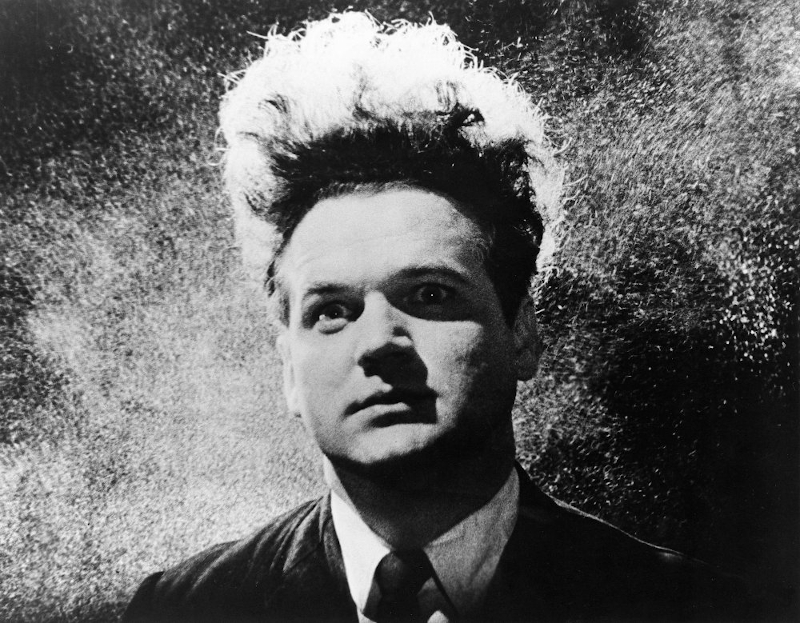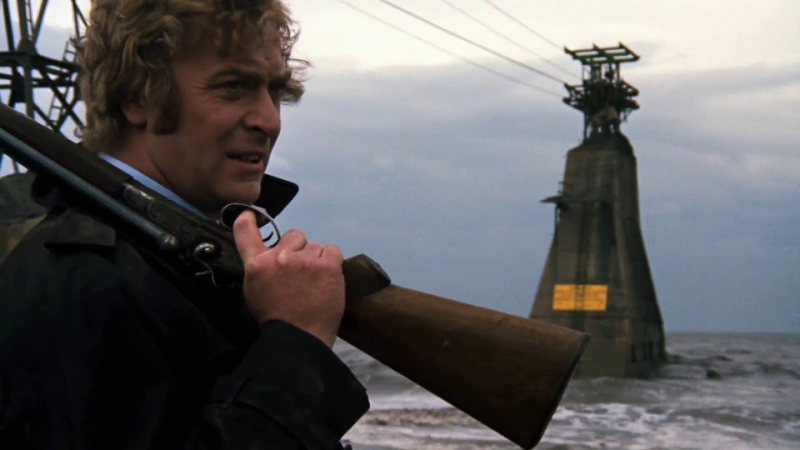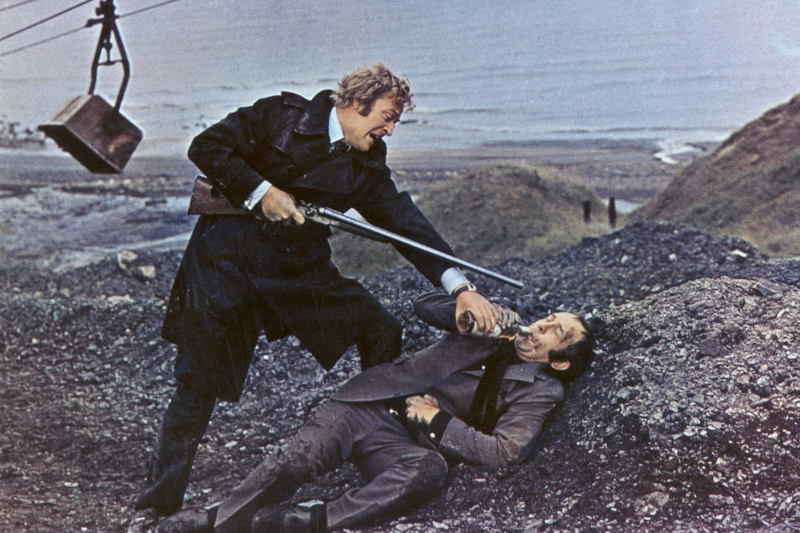Director – David Lynch – 1977 – US – Cert. 15 – 89 mins
*****
A look at where Eraserhead came from – and where its weirdness led. First published in 1996.
The current vogue for Special Editions and Director’s Cuts prompts David Lynch to rerelease Eraserhead with a Dolby Stereo sound remix.
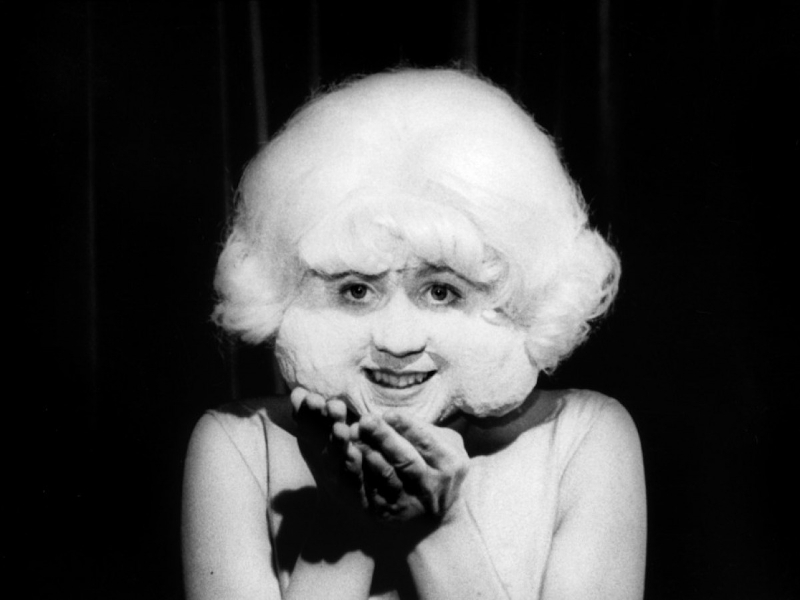
The pre-existing gem of a soundtrack was textured by Lynch and collaborating sound designer Alan Splet to incorporate a host of industrial noises alongside such unforgettable effects as the hero’s girlfriend’s mother gargling during a dinner table fit. Eraserhead remains arguably the most original and innovative vision the last twenty years of American cinema have produced.
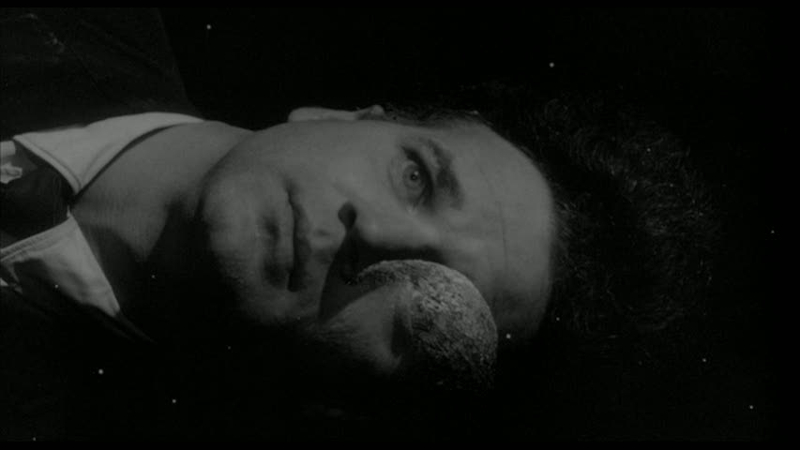
Not that film or director came from the mainstream. Abandoning painting as an art student, Lynch began making animation / live action films with the brief loop Six Men Getting Sick (1967) with the four minute The Alphabet (1969) and the half hour The Grandmother (1970) funded by American Film Institute grants. The AFI then funded Eraserhead, which mushroomed to feature length and required completion finance from elsewhere. Reactions to the result vary between boredom, revulsion, or admiration (this writer aligns with the latter).
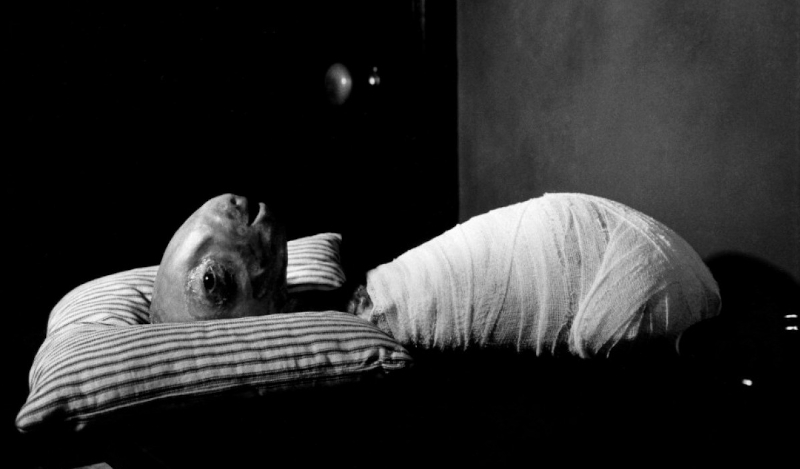
Invited to his girlfriend Mary’s (Charlotte Stewart) for dinner, “Printer – on vacation” Henry (Lynch regular Jack Nance) learns she is pregnant.… Read the rest
